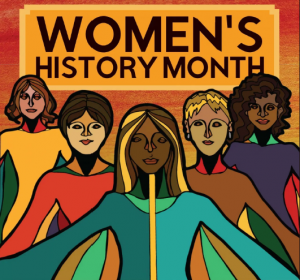Today officially kicks off Hispanic Heritage Month (or Latinx/o/a Heritage Month)!! To start this annual celebration I invite you to check out the library’s guide or the announcements page to learn more about the amazing events TAMUCC has arranged as part of this month-long celebracion!!
A part of the guide will lead you to a virtual book display, highlighting titles from the library’s collection. While these titles vary greatly (from cookbooks to a title that discusses white hegemony), seventeen of the listed twenty-six books come straight from the popular reading collection!
This has been mentioned before, but it warrants repeating – since this collection’s creation, we have aimed to curate titles that are more mainstream and leisure reads that you, our user, would enjoy. However, a sub-goal of this collection process has been to select titles that celebrate diversity. From celebrating female authors (who are rocking the best-seller lists, making this an easy task to accomplish) to lining the shelves with a broad array of different cultures, experiences, and thoughts. This has come in the form of books that represent LGBTQIA+, Black, Asian, and yes Latinx/o/a!
Alexa Hight, my fellow popular reading collection manager, wrote an amazing blog commenting on the importance of reading books by or about those with different experiences than your own – “One reason to read books by people who don’t look like me, people who have had experiences different from mine, is to try to understand their experience. Various studies suggest that reading fiction makes you more empathetic because you can explore experiences beyond your own, putting yourself in another’s shoes, so to speak” (Hight, 2020).
In a blog celebrating Rudolfo Anaya, the “Godfather of Chicano Literature”, Joe Hernandez expressed the importance and relevance that Anaya has had in his life as a person of color – “[In regards to reading Bless Me Ultima], I could relate to the main character and the Hispanic themes, folklore, and Chicano-centric content. All the tales of La Llorona and curanderas that I had heard growing up from my parents and grandparents were reflected in the pages that I couldn’t get enough of. Looking back on it now, I realize that this was the first time I had read a book that represented my culture” (Hernandez, 2020).
The availability of books that represent diversity allow the normalization of marginalized cultures within our society. Whether this is through exposing readers to the experience of others or it’s someone seeing their experiences reflected on a page, there is nothing but benefits upon benefits to reading books by or about diverse groups. So I invite you to leer para expandir tu mundo – read to expand your world!
Happy Reading!
Trisha


